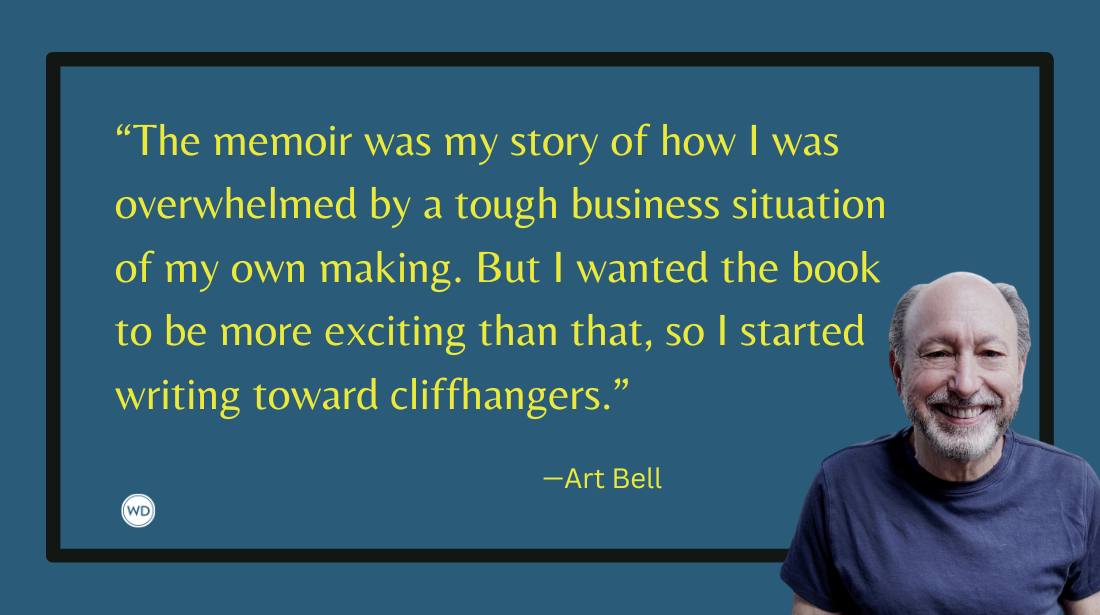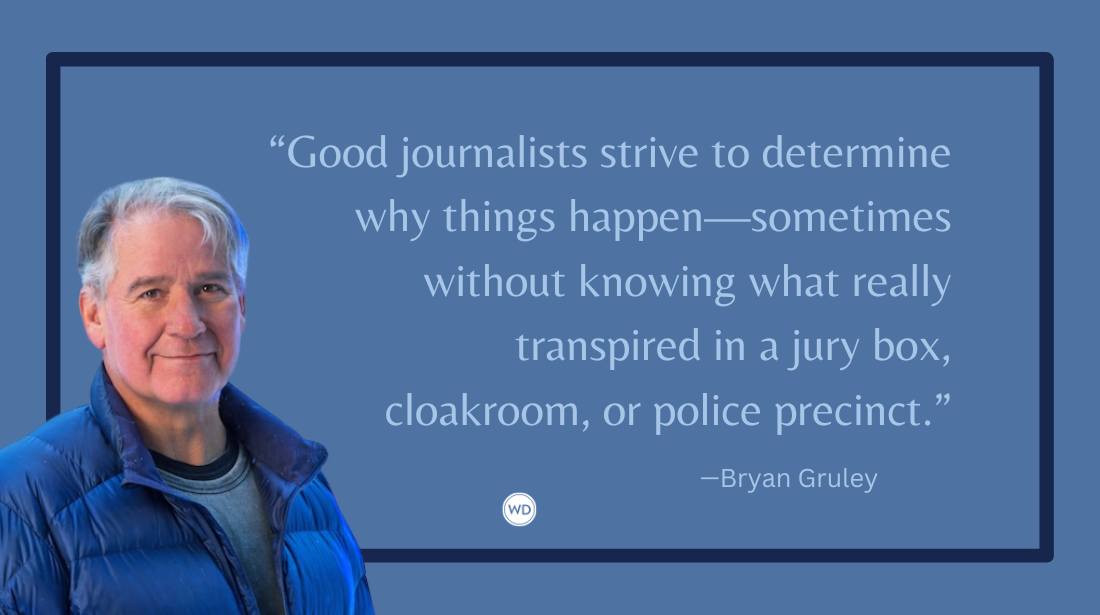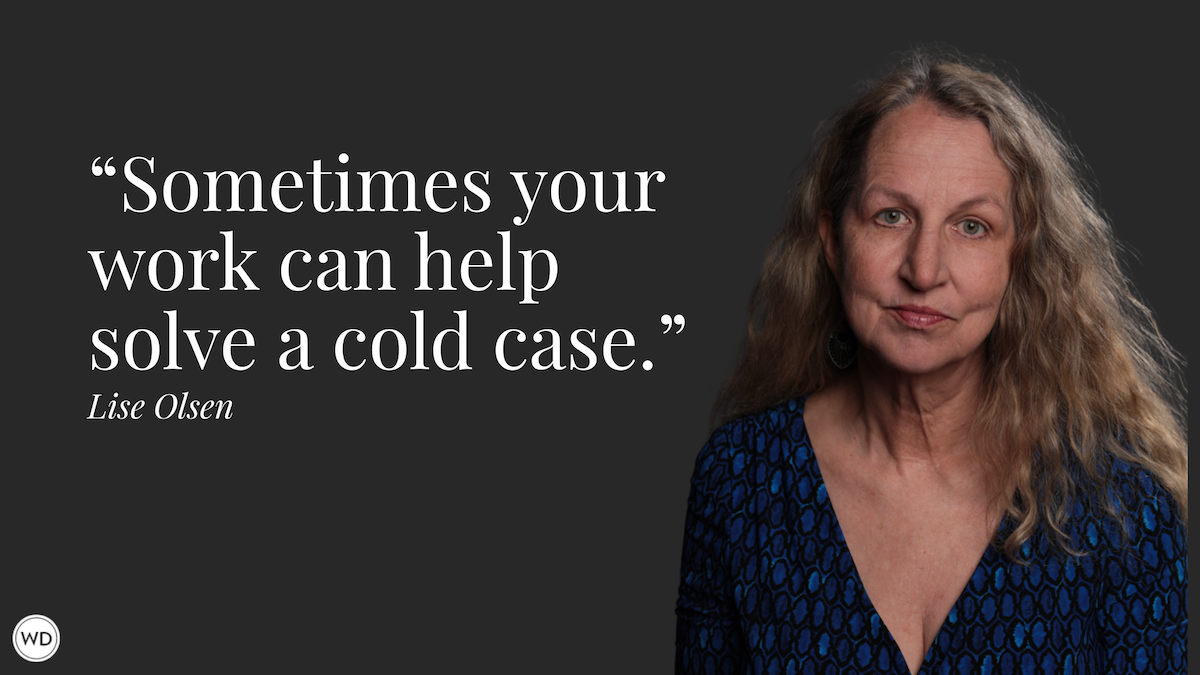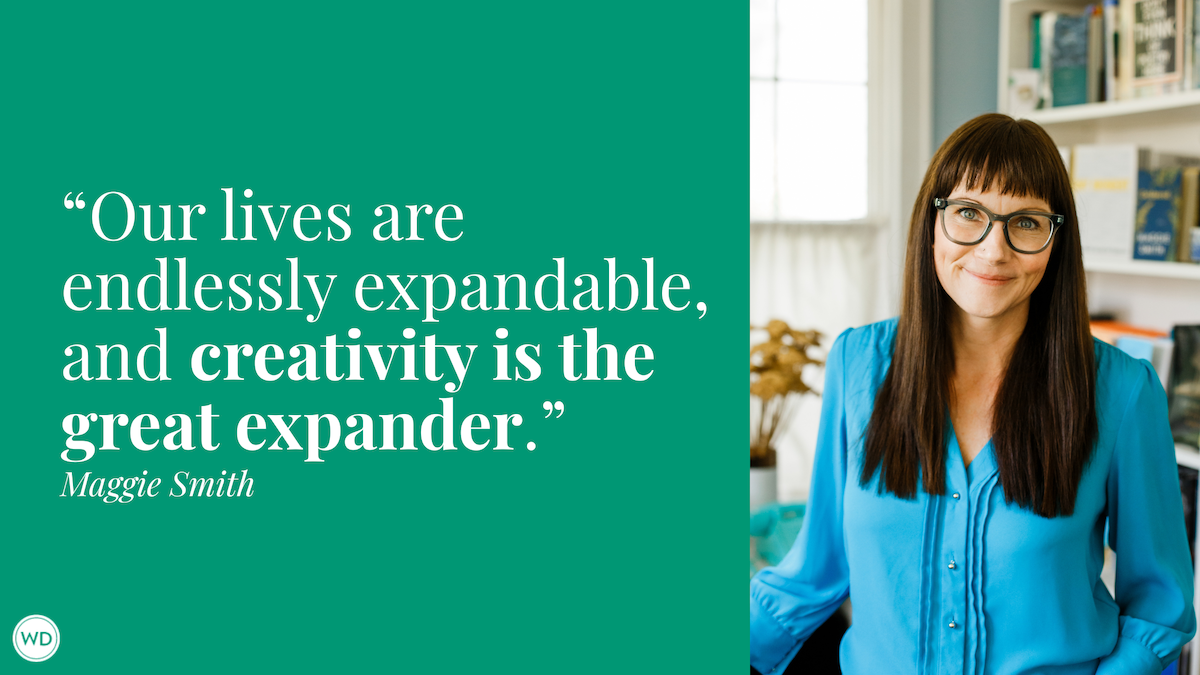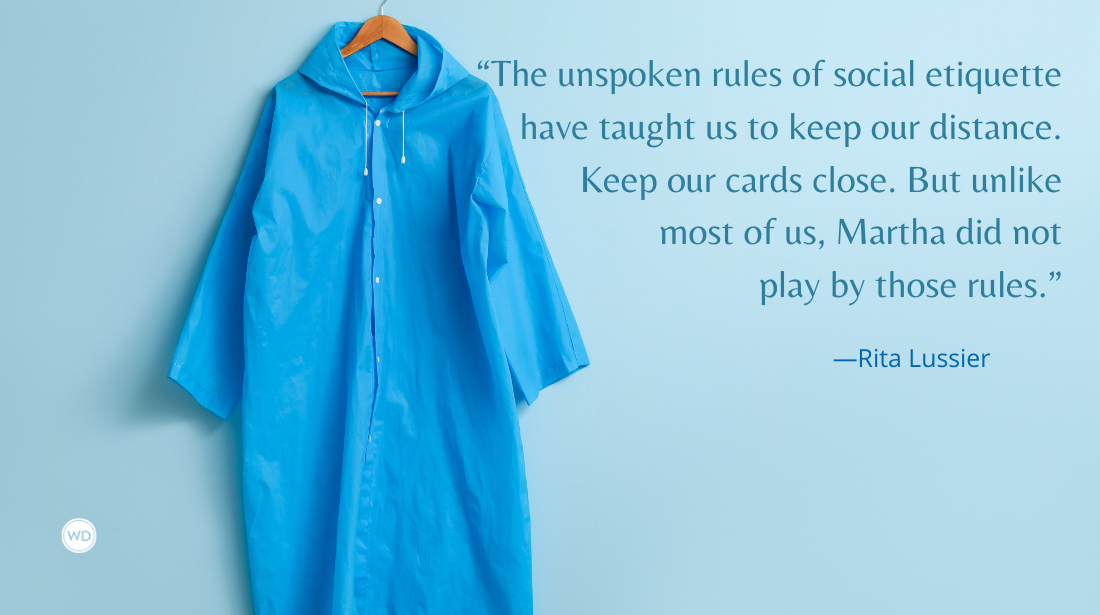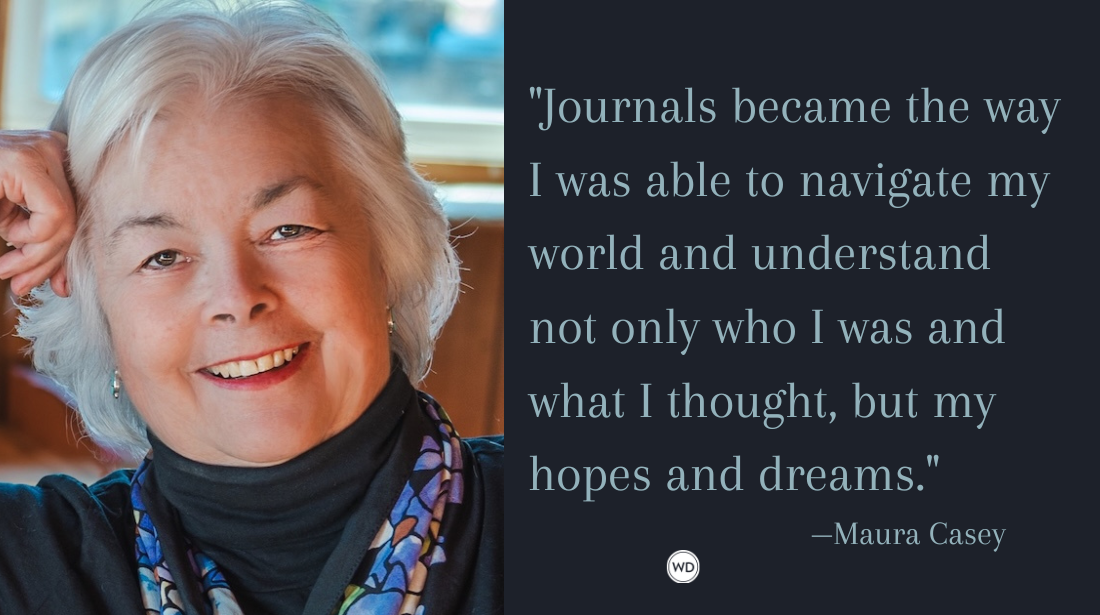10 Interviewing Tips for Journalists
Interviewing subjects is an important and often unavoidable step when writing articles. Here, Alison Hill offers 10 interviewing tips for journalists.
Journalistic interviews can run the gamut from a casual conversation to light interrogation. The main purpose of all interviews—whether soft or hard journalism—is information mining and quote fishing. Interviews, as they say, are the mainstay of journalism. A good quote fleshes out an article, adds credibility, emphasizes the point or angle of a story, represents an opinion, provides important facts and information, or offers a counter argument.
Interviewing is a learned skill and takes many years to perfect, and most of us are still mastering the art. It’s also a matter of style and how you come across in general. Are you pushy and stand offish or an empathetic listener? People pick up on these vibes.
But there are some basic steps that will ensure you’ll not only get the quotes you need from every interview but learn to enjoy the process—even the dreaded phone interview. Here are 10 tips to get you started.
1. Know Your Goal: What’s the story?
There are various types of interviews, including in-person, phone and Zoom interviews, on-camera (in-studio or on location), man on the street interviews (vox pops), and the doorstep interview. You can also send questions in an e-mail if you just need a couple of quick quotes to enhance a feature or blog.
Whatever the nature of the interview, always be prepared. This means choosing a quiet location if it’s in-person (especially if you’re recording), and a time when you won’t be interrupted for phone interviews. Everything should be organized and checked beforehand so you can focus on your goal—making the interviewee comfortable so they’ll speak openly and answer your questions.
The length and intensity of the interview depends on the nature of your story, and how the interviewee is involved—Are they the main source or one of many experts? If it’s a profile or Q&A, then naturally it will require a longer and more in-depth interview. If it’s a politician or public official, you’ll probably have some time constraints. So, make sure you know exactly what you need from your interview and book enough time.
*****
The Writer’s Digest Guide to Journalism is a practical, informative, and well-researched introduction to journalism and its best practices, with actionable advice, tips, techniques, explanations, and anecdotes straight from the field. In this digital guide, writers will learn how to write an effective news piece, skills need to be an effective journalist, outlets for publishing journalism, journalism associations, and so much more. Both inspirational and pragmatic, The Writer’s Digest Guide to Journalism is packed with valuable resources for aspiring journalists.
*****
2. Do Your Research
Thoroughly research the interviewee, learn everything you can about them and how they fit into the topic you’re covering. Know beforehand how this person’s knowledge, story, or viewpoint will contribute to the piece. From your research you should already have a sense of what they’ll say, just make sure you tailor your questions accordingly to get the desired response.
3. Have a List of Questions Ready
Write a list of questions in a notebook or on a device, in the order you want to ask them. Start with softball questions just to ease in and break the tension. After all, both of you may be apprehensive. Be conversational but not too casual; you’re conducting an interview, not gossiping.
Always remember—you are steering the ship. Those in an official role often try to control the conversation, especially with a rookie reporter. Don’t let them. Be firm and take charge. If someone avoids the question, repeat it, and if they still don’t answer, ask them why they refuse to answer? Put them on the spot. This is your job, and if they’re a public official or politician, they have a duty to respond to your questions, however uncomfortable.
4. Don’t Come Across as a Journalist!
The best compliment I received as a journalist was from a source who poured his heart out for over 30 minutes and then suddenly paused, saying, “Oops, I forgot you’re a journalist, I shouldn’t have told you that...” This was long before the famous Hagrid lines in Harry Potter.
So, the key to being a good interviewer is to be so approachable, down to earth, and attentive, that the person being interviewed forgets you’re a journalist!
When covering a sensitive or controversial topic, sincerity, humility, and compassion go a very long way. People can see through bravado and ego and know when a journalist is just after a sensational soundbite. When interviewing those who have experienced trauma, you should be reassuring, explaining the larger purpose of your project, and make the person feel comfortable and safe so they can speak candidly. This is the only way to get honest, heartfelt answers rather than something rehearsed or guarded.
If an interviewee says something is off the record, then always honor that request. But still try and get to the crux of the story and gently ask how much they are willing to share publicly.
Of course, each type of interview requires a different approach. For example, you don’t need to treat politicians with kid gloves. But always remember to be firm yet polite, you get more flies with honey than with vinegar, as the saying goes.
5. Avoid Talking About Yourself
Small talk to ease the tension is acceptable, but please avoid talking too much about yourself. Mention you’re a mom if it helps build a rapport, but do it briefly, and then get back to the job.
Good journalism is often a quiet art—you must allow the interviewee to tell their story without interruption, especially if it’s traumatic. Avoid talking over people and making comments during an interview or referring to things in your own life. A nod to indicate you’re listening, and good eye contact is enough. Don’t look down at your notes when they’re talking, you can glance at them during a pause in the conversation. There’s nothing worse than revealing your soul and realizing an interviewer is only half listening, and more interested in formulating the next question. People know instinctively if you really care, and if you’re covering such a story, you should care.
6. Ask Open-Ended Questions
Ask open-ended questions and not questions with yes/no answers. Instead of: “Were you scared,” ask, “How did you feel when that incident occurred?” You can always rephrase a question if you didn’t get a complete answer. It’s better to have many quotes to choose from than too little to work with.
7. Timing
Let people pause, don’t feel you have to immediately fill the silence, as they may be on the brink of saying something profound. But do ask a follow-up question if an interesting and unexpected point comes up. Just remember to go back to your list of questions after to make sure you cover everything. If the person strays far off topic, then it’s perfectly fine to briefly jump in and steer them back on course. And if there’s something you don’t understand, ask for clarification.
8. Tackle Controversy Towards the End
Tackle something controversial once you’ve covered the basics and have a few quotes, just in case they refuse to answer, become hostile, or even storm off. You could frame your question in many ways, such as, “Mr. Jones said you’re overreacting, how would you respond to that?”
9. Record the Interview
It’s a good idea to record your interview, whether in person or over the phone, and there’s an abundance of apps and devices available. This way you can relax and listen instead of scribbling away frantically in undecipherable shorthand. You’re also guaranteed accuracy, and able to quote verbatim. Just make sure the app is working before the interview, and tell the person being interviewed that you’re recording.
10. Thank You!
End interviews with the question, “Is there anything else you’d like to add…” to give them the opportunity to reference something you may have overlooked. Check the interviewee’s basic information, including the correct spelling of their name, official title, the name of their organization or business, and ask how they’d like to be referred to in the article.
And finally, don’t forget to say thank you!
Alison Hill is a freelance writer, journalist, and Emmy-nominated producer who writes for print and online publications. Since 2001, Alison has been a regular guest commentator on BBC radio news shows discussing US politics and current events. Before going solo, she was a PBS producer and director and also worked as an investigative journalist for a Welsh TV series. From hosting TV shows and creating online content to going undercover with a hidden camera, she’s done it all. Alison grew up in a tiny village in Wales and speaks fluent Welsh. She’s an avid hiker, who also loves camping, kayaking, and reading. She now lives in South Carolina with her husband, 8-year-old daughter, and two rescue cats.



